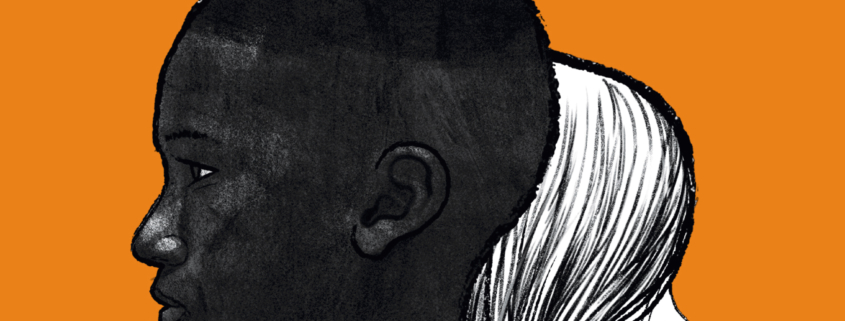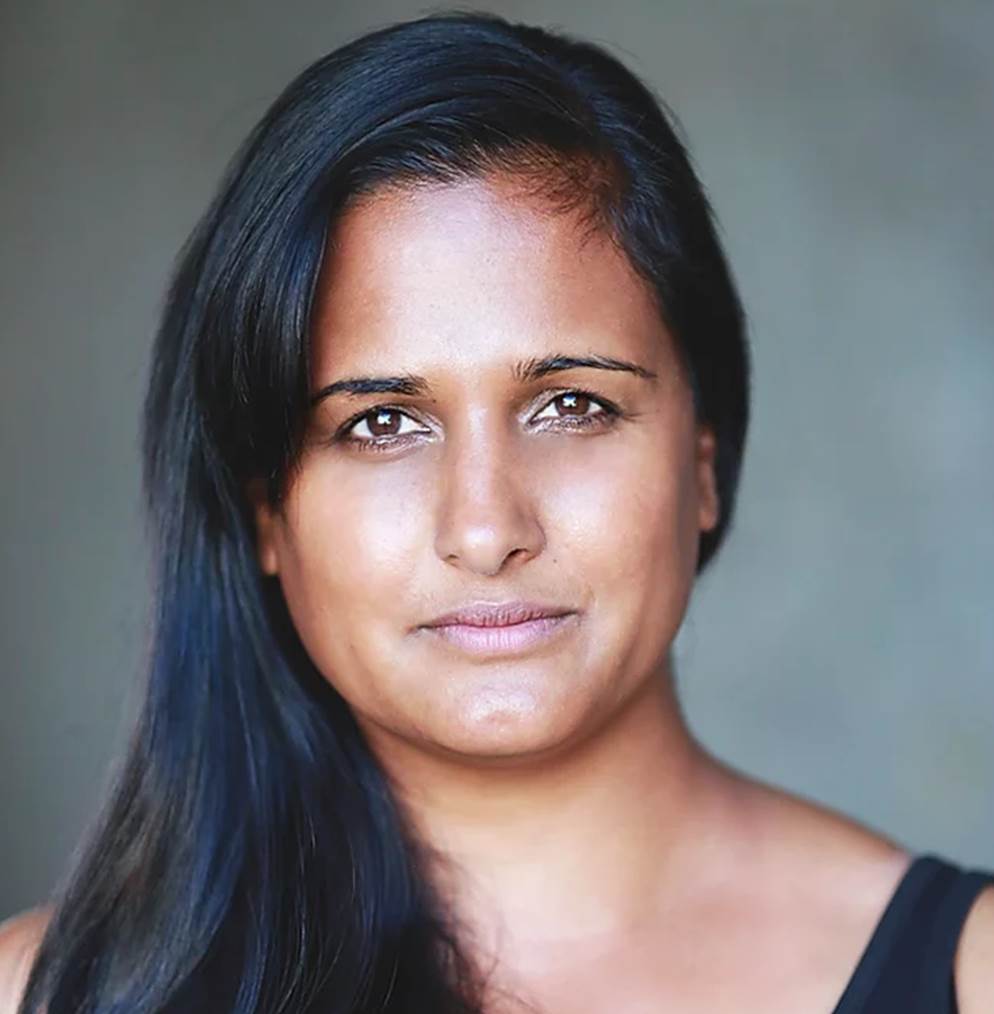Q&A with Manjeet Mann
The Crossing is the latest verse novel to be written by Manjeet Mann. Her first, Run Rebel, has just been shortlisted for CLPE’s CLiPPA Award. Check out our Q&A with Manjeet Mann below!
The refugee crisis is highlighted from two very different perspectives in this novel- were they difficult to write?
Well, I researched the book for about 5 years before I put pen to paper. I interviewed people with refugee seeking status (many of whom were from Eritrea) and I also spoke with lots of local teenagers about their feelings around the refugee crisis and the far-right demonstrations in our town. I sat on the material for quite a while, adding to it over the years and just observing the global situation and seeing how it was unfolding. Finally, when it felt ready and I had a clear idea of the story I wanted to tell, it all just came pouring out. I also worked alongside a wonderful woman who’s life’s work is working with Eritrean refugees and in the community with marginalised groups, which helped a lot in terms of getting to the truth and integrity of the writing.
Verse novels are becoming more popular- what do you feel they offer readers over a traditional fiction story?
They are aren’t they. I remember reading my first verse novel (The Weight of Water, Sarah Crossan) and it just blew my mind. That was it, I was hooked! I think what I love about them, and its perhaps what others resonate with too is how deeply characters can express themselves. I know a lot of messages I get about Run, Rebel and The Crossing often mention how raw and honest the writing is. I find this is the case with most verse novels I read. I’ve always said that reading a verse novel feels like a punch in the gut! That’s the beauty of poetry I guess. It has that immediate, visceral impact which allows you to write about extreme emotional topics without the need to overly explain things. You can touch upon the subjects and allow the reader to fill in the blanks. They literally leave (white) space and silences for the reader to read-between-lines and fill in the gaps which traditional novels don’t do, which in turn lends itself to that raw, deeper emotional impact that readers often talk about.
Empathy is a vital part of this story- what do you hope readers will learn from Sammy and Natalie?
I think the most important message is one of connection. Sammy and Nat lead very different lives but they are both looking for someone to connect with and they find that in each other. As Sammy says to Nat, ‘We are all built from the same dust’. Their friendship is powerful and poignant because it demonstrates the critical importance of having empathy for people outside of your own personal experience and highlights their similarities as well as their differences. The more we are able to familiarise ourselves with the stories and experiences of others the more compassion and understanding can grow. I hope that The Crossing enlarges understanding in some way and helps build empathy while putting a human face to these stories.
Are you working on anything else at the moment that you can share with us?
I am. Book 3 is another YA verse novel and it’s a biography of an awesome rebel woman and her gang! I’m also writing for younger readers, so there are some picture books and middle grade books coming out. I’m also in the process of adapting my debut YA novel Run, Rebel into a stage play.
Does writing in verse come quite naturally to you or is it a challenge?
It does come naturally. But that doesn’t mean I don’t work hard and agonise over a word for hours, or how a poem is set out on the page. I’m a perfectionist and never want to let go of the work. My editor has a hard job telling me to stop editing and let go!
I fell in love with performance poetry about 15 years ago thanks to my partner who is also a performance poet. As an actress myself I like how verse novels lend themselves to performance so they sit quite comfortably with me. Before I wrote Run, Rebel I had toured a spoken word solo show to theatres for about 18 months so it made sense to me at the time, that if I was going to write a book, it would have to be in verse.
How do you motivate yourself to get through the drafts and editing of a book?
By taking lots of breaks funnily enough. I go on lots of walks, or I put on some music and have a little dance or I have a yoga break, or go for a quick dip in the sea. I’ve learned that I can’t force myself to work if I’m tired, or just having one of those off days. Also, I can only work for short periods of time, 4 hours at the most. Sometimes in one go, more often split throughout the day. I might not be able to write for 8 hours a day like some writers but in the short time I can write, I’m very focused and always meet my deadlines!
Do you tend to write more in a particular time of day?
I write in short bursts throughout the day. A good day usually looks like this. 9-10am (breakfast break) 11.30am-12.30pm (lunch break) 2-3pm (break) 3.30-4.30pm.
How does it feel to be nominated for the CLiPPA award for Run Rebel?
It feels wonderful! I’ve followed the award for a very long time and never in a million years thought I’d be shortlisted for it, so it feels very special and I’m so grateful to the judges. CLPE is such a brilliant organisation doing fantastic work, I’m honoured that the judges felt Run, Rebel was worthy of the shortlist.







Leave a Reply
Want to join the discussion?Feel free to contribute!